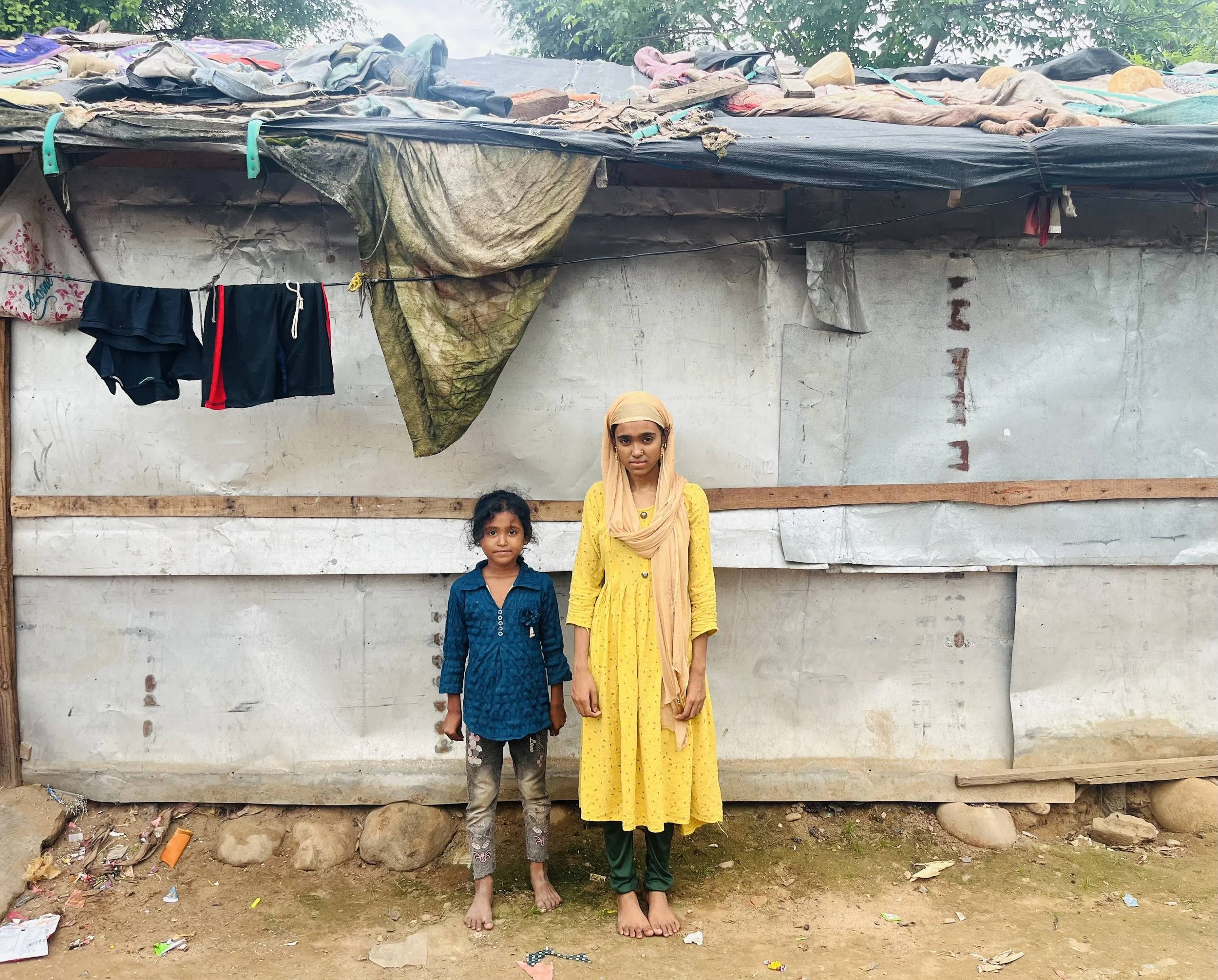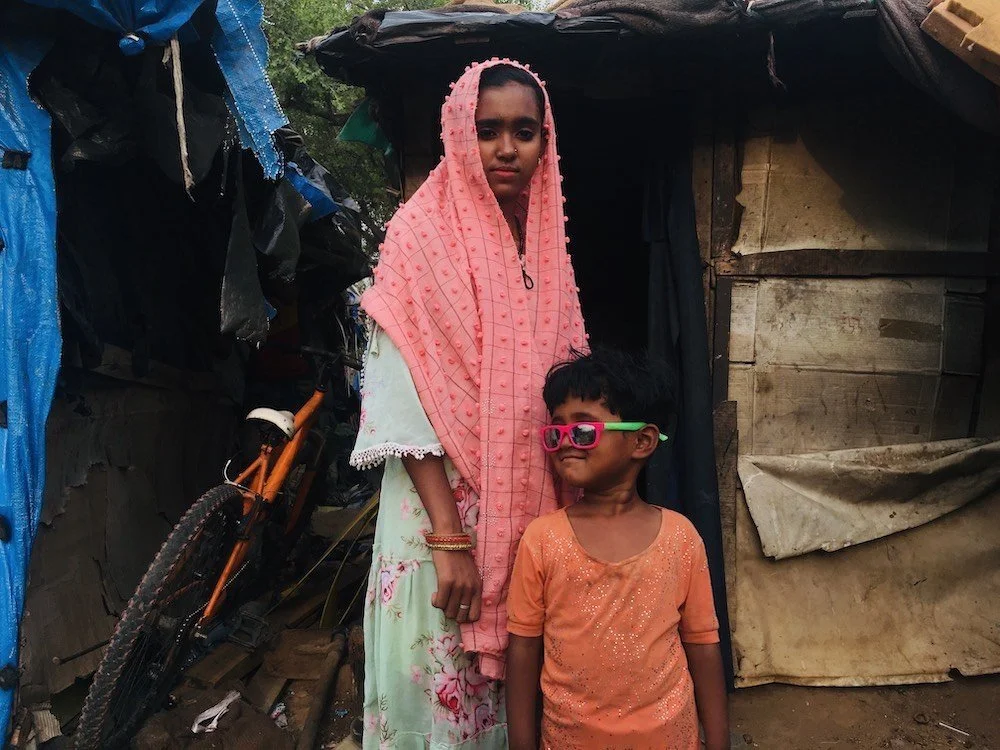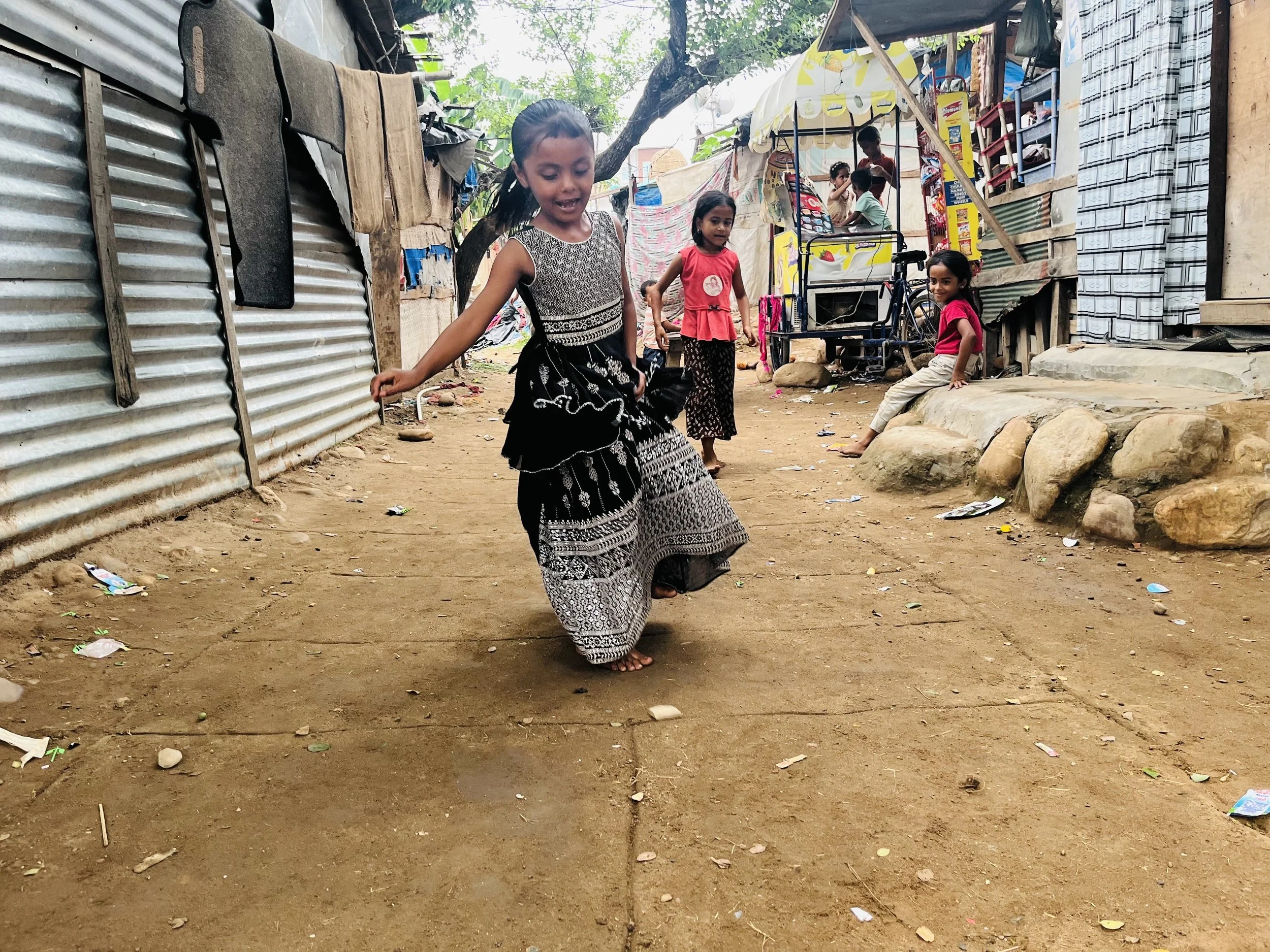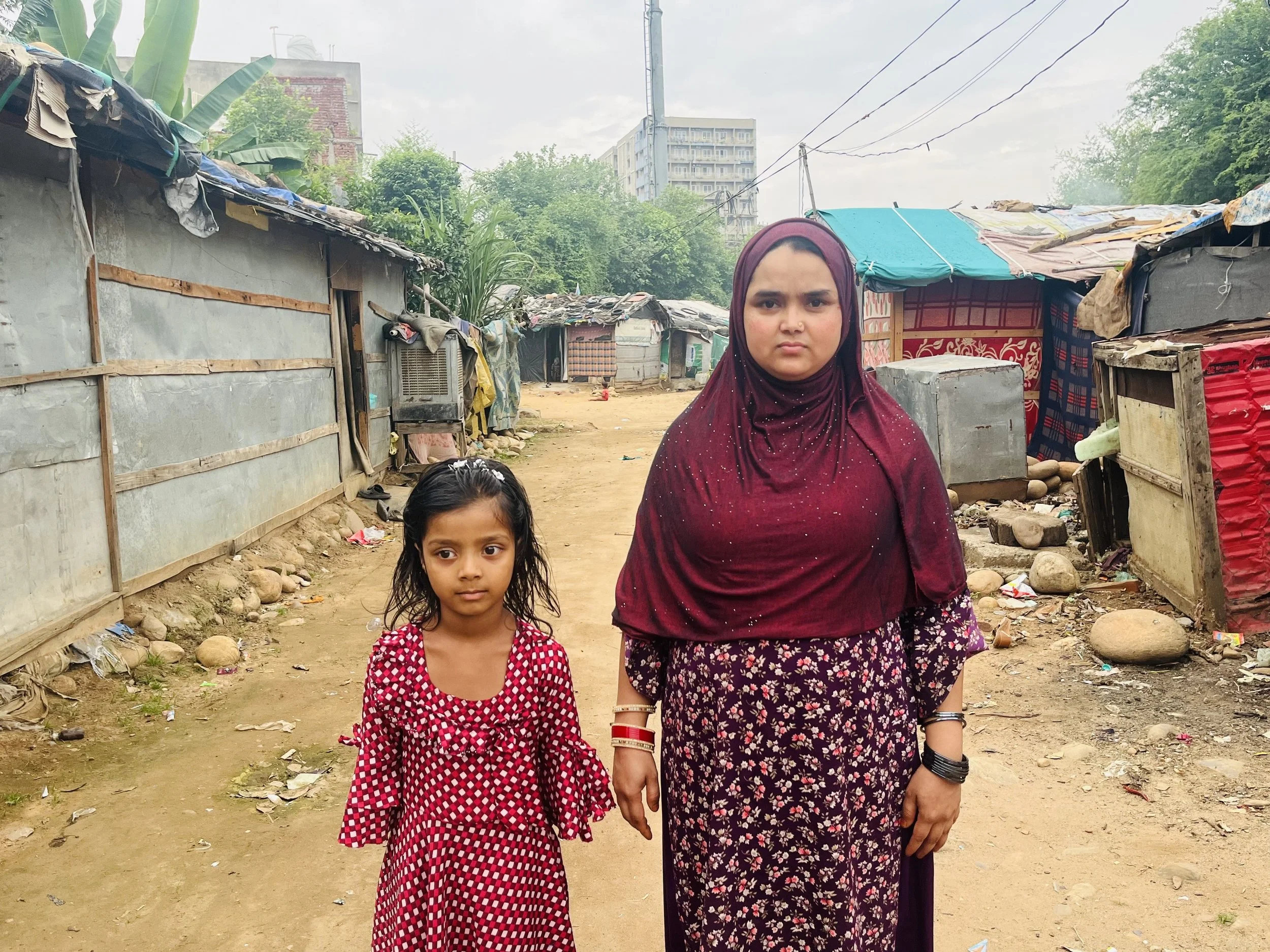‘We Want Our Parents Back’: Rohingya Children Struggle Alone in India’s Detention Shadow
SRINAGAR, India — In the cramped lanes of Indian Administered Kashmir’s Jammu's Narwal slum, Kiryani Talab Camp, 8-year-old Noora awakens each morning to the same devastating reality: Her parents are not there to greet her.
For nearly five years, her father and mother have been detained at the Hira Nagar Detention facility, leaving Noora and her sibling — 16-year-old Haleema— to live without the fundamental anchor of parental presence.
It was in July 2022 when Religion Unplugged first reported these children's stories, documenting their struggles as they waited for their parents' return from detention. Their situation remains unchanged.
READ: How Ronaldo’s Engagement Put A Spotlight On Saudi Society
“Since then, nothing has changed”, Haleema said. “We are still waiting for our parents to return like we used to … and years have passed without them.”
On March 6, 2021, Noora and Haleema’s parents — Mohammed Ibrahim, 49, and Sajida Begum, 37 — were sent from Jammu’s Kiryani Talab Camp to a jail that had been turned into a detention center in Hiranagar, a town in the Kathua district of Jammu-Kashmir. There are dozens of Rohingya children growing up in the camp.
Haleema has been counting the days — not in months or years, but in sunrises — without her parents. Noora was only four when her parents were taken away in a pre-dawn police raid on their tin-roofed shelter in the Kiryani Talab Rohingya camp.
“Now she is going to be nine,” Haleema said of her sister.
Noor Habba, has been raising her nieces Noora and Haleema alongside her own children.
“All I want is the release of these girls' parents,” she said. “Most nights, Noora cries before falling asleep. I used to ask my own kids if they had said something to upset her. But then one day, Noora finally told me — she just misses her mother.”
“Whatever care I am giving to these two, none can be what a mother’s care is,” Habba added.
Despite her best efforts, Habba admitted there are many challenges. Living in poverty herself, she often struggles to provide for all the children equally.
“I try to give them what I can — food, love, notebooks for drawing when possible. But what a mother and father can provide, in affection and in stability, is very different,” she said. “They feel the absence in every small way.”
Noora has grown quieter with the years, her grief internalized. While Haleema has tried to play the role of protector.
Their aunt’s resilience keeps them fed and clothed, “but it is not a replacement for the warmth of parental love’,” Habba said. “It never could be.”
Plight of the Rohingya in India
Photos by Shadab Farooq
The Rohingya people of Myanmar are the world’s largest stateless population, estimated at some 2.8 million people. Denied citizenship and subject to decades of persecution at home, most of the Rohingya population has been forced by genocidal violence to flee and is currently spread across several countries.
While the living conditions of these refugees, who are predominantly Sunni Muslims, in Bangladesh, Malaysia, Thailand and Indonesia have been widely documented, less attention has been given to the estimated 22,500 Rohingya registered with the U.N. Refugees Agency who fled to Hindu-majority India.
Conditions at the detention center remain grim. As of early 2025, the facility housed nearly 270 Rohingya detainees — including 74 women and 70 children — with constant tension between detainees and authorities.
In July 2023 a confrontation — sparked by hunger strikes and protests — saw police use tear gas. Days later, a 5-month‑old named Umul Habiba died, choking after inhaling tear gas remnants.
The children in the Kiryani Talab Camp, meanwhile, spend their days wandering the narrow, dust-choked lanes — playing hopscotch in the cracks between tarps and tin, learning in makeshift madrassas, and, above all, waiting for their parents to return.
With no access to formal schooling due to the lack of Indian identity documents, most children in the camp attend community-based schooling — small, volunteer-run spaces supported by NGOs, and at times, by the older children themselves who step in to teach the younger ones. Learning takes place under tarpaulin sheets on torn rugs spread over bare earth.
In February, India’s Supreme Court reaffirmed that Rohingya children could seek admission in government schools and, if denied, had the legal right to petition High Courts. In April, a Delhi government school admitted 19 Rohingya children — an early glimmer of progress.
‘Things have only gotten worse’
Minara Begum, 28, also waits. Her husband, Abdul Ali, was taken the Hiranagar Detention Center in the same 2021 crackdown that separated dozens of families. She’s been raising their children alone ever since.
“We fled from our country believing our lives would be safe here,” she said, “but since we have come, things have only gotten worse.”
Minara said fear has become a daily companion.
“It becomes tough to live each day knowing the next day we might be taken into detention,” she said, glancing at her children. “Every knock at the door feels like it might take another parent away.”
Mohammed Shahid was just 10 years old when police stormed into their shelter. He had clung to them, sobbing, pleading with the officers not to separate him from his family.
That was five years ago. Now, Shahid is nearly 15, his voice deeper, a faint beard forming along his jawline. His eyes, however, still carry the same uncertainty of that day. He lives with his 72-year-old grandmother, Hasna Begum, who cares for him and his four younger siblings.
“I never thought I’d be raising five children at this age,” Begum said.
The situation, she added, has worsened and fears for the future of these children.
“It is getting tough now,” Begum said. “At any moment I can die. I keep falling ill. What worries me is not death itself, but who will take care of these kids when I am gone. All I pray is that my son and his wife get released from the prison before I am gone.”
Shadab Farooq is an independent journalist based in New Delhi, India.





